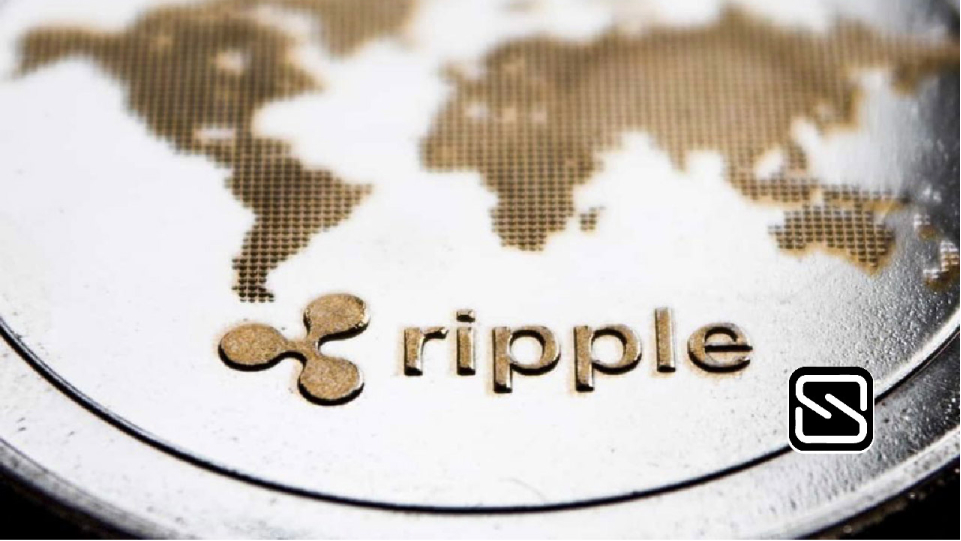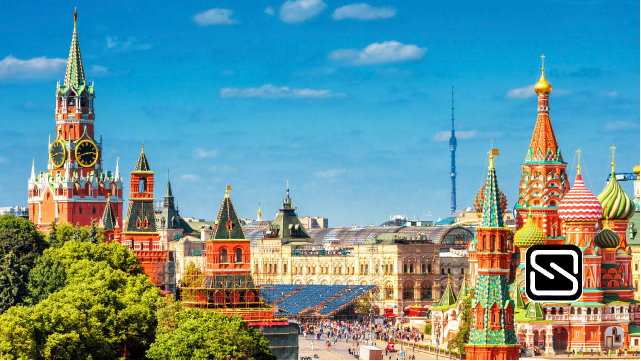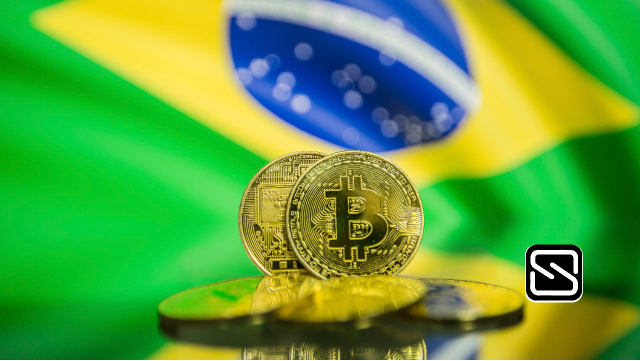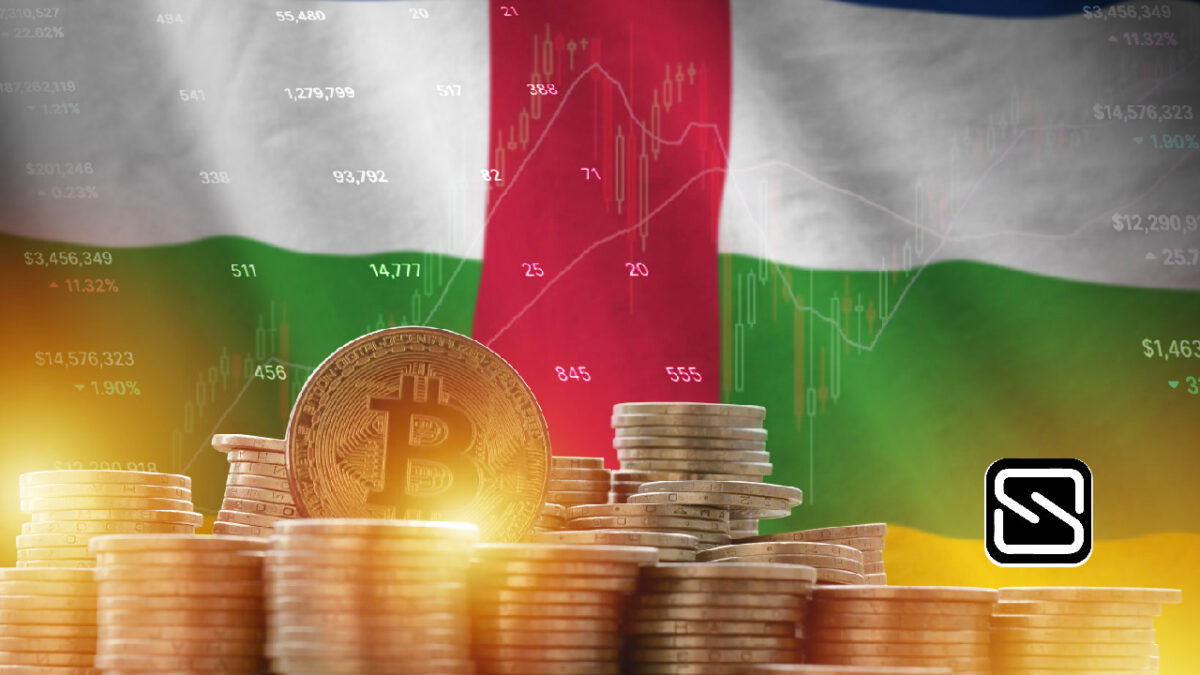One of the biggest NFT marketplace, OpenSea is delisting Cuban artist and collector accounts from its platform in order to comply with U.S. sanctions law.
In recent months, there had been concerns that OpenSea had been explicitly targeting Cuban accounts, a position the New York-based company takes with regard to nations like Venezuela, Iran, and Syria. Still, according to Artnet News, they confirmed that the policy now extends to Cuban artists, following an exchange with the platform.
An OpenSea spokesperson stated, “We comply with U.S. sanctions law. Our terms of service explicitly prohibit sanctioned individuals and individuals in sanctioned jurisdictions, or services from using the OpenSea platform”
The development is a setback for Cuban artists who started minting work on the blockchain in early 2021, during the height of the travel restrictions caused by the virus that cost the island vital tourist dollars.
One of the popular Cuban artists, Gabriel Bianchini commented, “We were locked in a pandemic, with an increasingly difficult economic, political, and social situation. The technology was a liberation, economically and creatively, a bridge that allowed us, Cuban artists, to connect with the world.”
Gabriel Bianchini is a photographer whose work has appeared at the Havana Biennial and Milan’s MIA Photo Fair. After learning about NFTs on the social audio app Clubhouse, he promptly minted Hotel Havana, a multilayered image juxtaposing the capital’s colorful and decaying buildings. It sold out in days.
Bianchini also encouraged other Cuban artists to take the digital plunge and a vibrant community duly followed. It stretched from downtown Havana, with a local club and gallery Fábrica de Arte Cubano bringing artists online, to the diaspora with groups such as the Miami-based NFTcuba.ART creating a veritable network.
Unfortunately, NFTcuba.ART is now being systematically blocked from a marketplace that receives more than 120 million visitors a month. To date, more than 30 Cuban artists have had their OpenSea accounts delisted. The technology underpinning NFTs may be transparent and decentralized, but the companies platforming their exchange are not.
To some Cuban artists, OpenSea’s decision is no surprise. It follows a 60-year history of U.S. sanctions on the country, one that has continued into the digital age with the likes of Zoom, MailChimp, WeTransfer, and Gitlab all inaccessible from within Cuba, sometimes even when using a VPN.
Cuban NFT artist, Yordanis García Delgado stated, “I saw it coming. It is very difficult to be decentralized and not be accountable to Government authorities, thanks to the blockade that the USA maintains against Cuba.”
One point of confusion rests with the fact OpenSea has rapidly pivoted from celebrating and platforming Cuban artists, which they featured during National Hispanic Heritage Month with Bianchini serving as a co-host to a blanket ban, irrespective of a user’s other nationalities.
Bianchini, for example, is Swiss-Italian, who currently lives in Spain. The founder of NFTcuba. ART- Gianni D’Alerta, who has also been targeted, lives in the U.S.
The move is also counterintuitive in that it bars political messages unwelcome in Cuban galleries from reaching the wider world. Ted Henken, a professor at Baruch College and a well-known author on Cuba’s digital culture, makes this claim.
“Quite ironically, in this case, those impacted both financially and in terms of their free cultural expression are Cuban artists who often use their art to challenge government censorship or critically comment on Cuba’s difficult social and artistic reality,” Ted Henken said.
Bianchini anticipates that in the near future, artists will concentrate on other platforms like Foundation and SuperRare. Nevertheless, he continues to be optimistic about Web3’s future.
“I’m still betting that this technology will bring freedom to countries like mine. I’m not just talking about financial freedom, but creative freedom and freedom of expression,” he noted.









